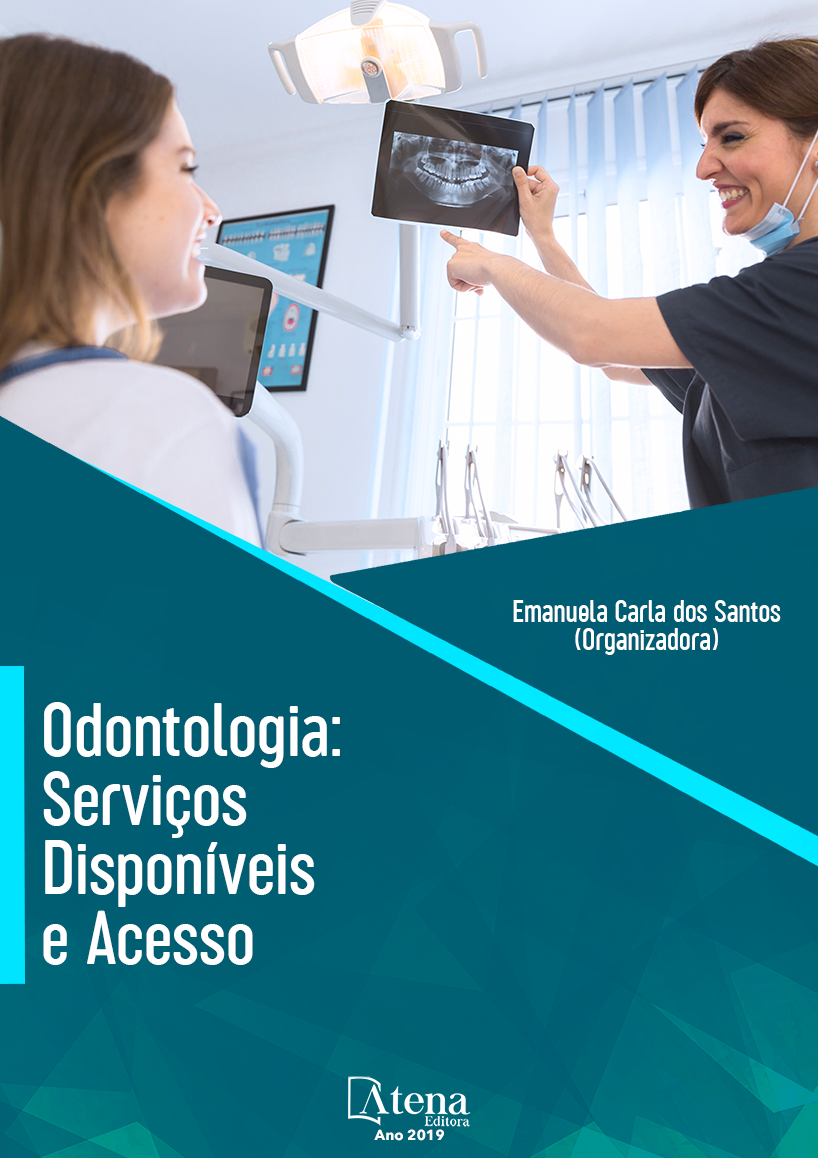
Percepção de puérperas em relação ao atendimento do cirurgião-dentista em serviço hospitalar
O diagnóstico precoce de alterações
e disfunções devem ser prioridade da assistência
multiprofissional em neonatologia, favorecendo
a produção de vínculo entre profissionais e
responsáveis. O cirurgião-dentista no cenário
prático do puerpério mediato pode atuar na
orientação da importância do aleitamento materno
no desenvolvimento estomatognáticodo bebê,
detectando problemas relacionados à pega que
levam ao desenvolvimento de fissuras no seio
da mãe,bem como avaliar a cavidade bucal do
neonatoe orientações sobre as consequências
da introdução de hábitos de sucção não
nutritivos. O objetivo deste estudo foi analisar o
conhecimento das puérperas sobre o pré-natal
odontológico e percepção sobre a atuação do
cirurgião-dentista (CD) em serviço hospitalar
no período pós-parto. Foram investigadas 181
puérperas que tiveram orientação da equipe
odontológica no puerpério mediato em um
hospital escola do sul do Brasil, no período de
abril e maio de 2017. As informaçõ es foram
obtidas por meio de questionário individual
contendo perguntas sobre o objetivo do estudo.
Os dados foram analisados por estatística
descritiva. Os resultados demonstraram que
47(26%) mães afirmaram que sabiam da
orientação odontológica no pré-natal; 178(98%)
puérperas acham importante o CD atuar na
orientação na maternidade; 139 (76%) acharam
úteis as orientações realizadas pelo CD. Os
resultados nos mostraram que 100% das puérperas consideraram importante a atuação
do cirurgião-dentista e recomendaram para outras mães essa orientação odontológica
no puerpério mediato como relevante para o aleitamento materno.
Percepção de puérperas em relação ao atendimento do cirurgião-dentista em serviço hospitalar
-
DOI: 10.22533/at.ed.68919100719
-
Palavras-chave: período pós-parto, neonatologia, odontólogos, educação, hospital.
-
Keywords: postpartum period, neonatology, dentistry, education, hospital.
-
Abstract:
The early diagnosis of alterations and dysfunctions should be a priority
of the multiprofessionalassistance in neonatology, favoring the production of bond
between professionals and caregivers. The dentistry in the practical setting of
the mediate puerperium can be a guide of the importance of breastfeeding in the
stomatognathic development of the baby,detecting problems related to the handle that
leads to the development of fissures in the mother’s womb, as well as evaluating the
buccal cavity of the neonate and guidelines on the consequences of introducing nonnutritive
sucking habits.The objective of this study was to analyze the knowledge of
postpartumwomen’s about dental prenatal care and perception in relation to the work of
dentistry in the hospital service in the postpartum period.One hundred and eighty-one
postpartum women’swho received guidance by dentistry in the mediate puerperium in
a hospital in the south of Brazil, in the period of April and May 2017, were investigated.
The information was compiled through an individual questionnaire about the study.
The data were analyzed by statistics. The data were analyzed by descriptive statistics.
The results showed that 47(26%) mothers stated that they knew about nonpregnant
dental orientation; 178(98%) postpartum women consider it important that they act
in orientation in the maternity ward; 139(76%) were found as guides brought by the
dentistry. The results show that 100% of the puerperal women’s considered to be
important the work of the dentistry and recommended to other mothers this mediate
puerperium dental orientation is relevant to breastfeeding.
-
Número de páginas: 15
- Karol Keplin
- Maria Cecília Carneiro Weinert
- Amanda Darold
- Ana Paula Xavier
- Fabiana Bucholdz Teixeira Alves
- Caique Mariano Pedroso


